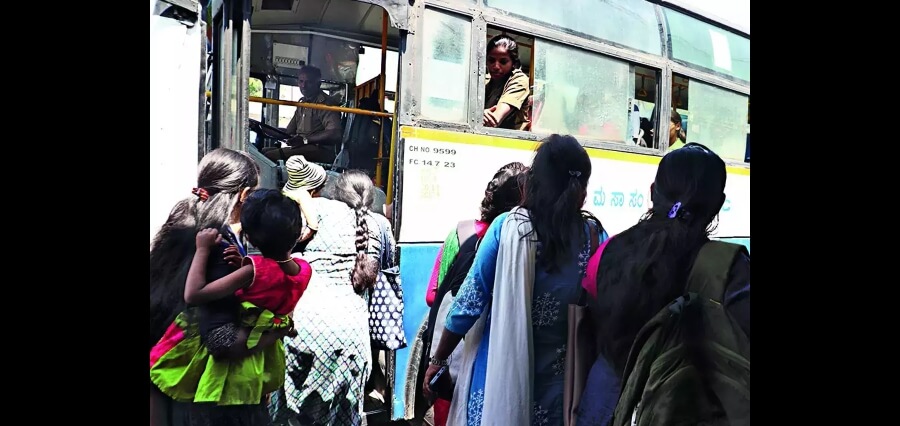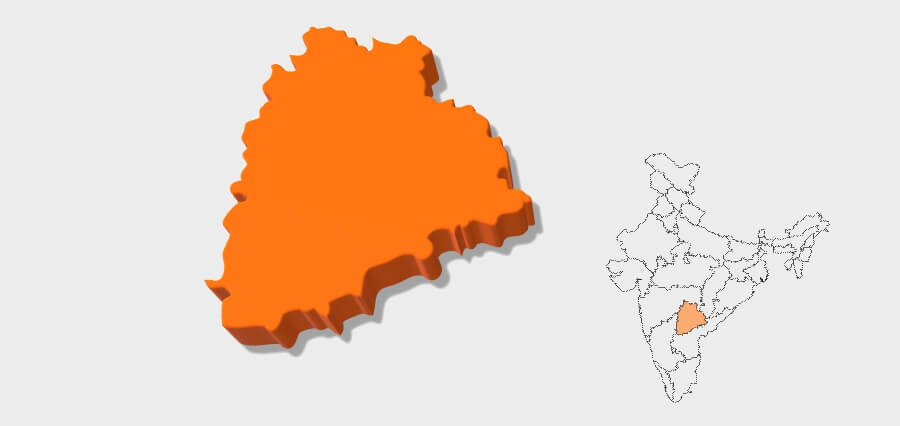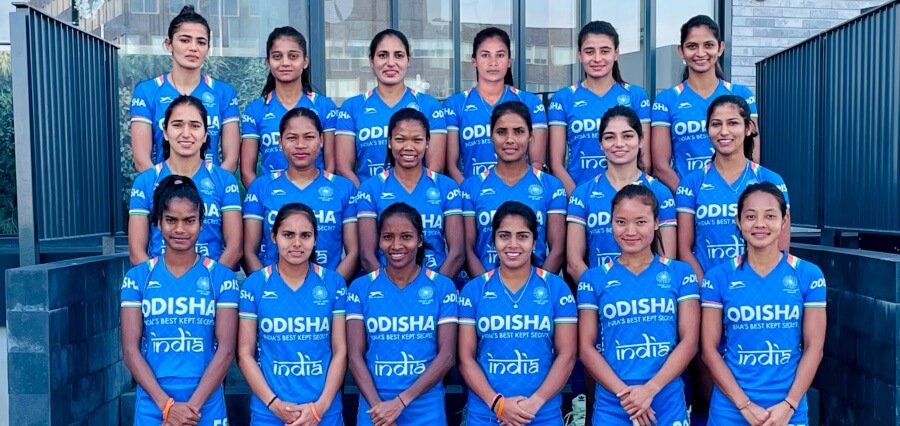Chikamma lives in a village outside of Bengaluru and commutes for thirty minutes each day to work as a domestic helper in Yelahanka, which is near the airport.
Chikamma, 39, who goes only by her first name, has been using the bus for over ten years. Her monthly expenses amount to ₹ 20,000 ($240.45). She’s saved almost 1,500 rupees a month since the Karnataka state government made public transportation free for women in June.
“Earlier, I had money on some days, and on some days I didn’t,” Chikamma stated. “Now, I am able to save up for household expenses and emergencies.” Now her daughter’s college transportation is free as well.
The most recent Indian state to implement a free bus pass for women is Karnataka. The initiative is named Shakti, which is Hindi for “strength.” In 2019, Delhi was the first city to provide women with complimentary tickets printed on pink paper. The administration stated earlier this year that more than 1 billion have been used thus far. Tamil Nadu and Punjab also launched comparable programmes.
By lowering the cost and simplifying the process of working and traveling, the policies want to increase the proportion of women in the workforce. While these same men may object to women in their families working outside the home, free transportation gives them a choice that they did not have before. In India, it is still typical for men to regulate women’s financial access. Women are free to work, but if their commute is too expensive or unpredictable, they frequently choose not to.
“These policies open up new opportunities for women suddenly,” independent mobility expert Satya Arikutharam, who is based in Bengaluru, said.
Read More: https://womenworldindia.com/





